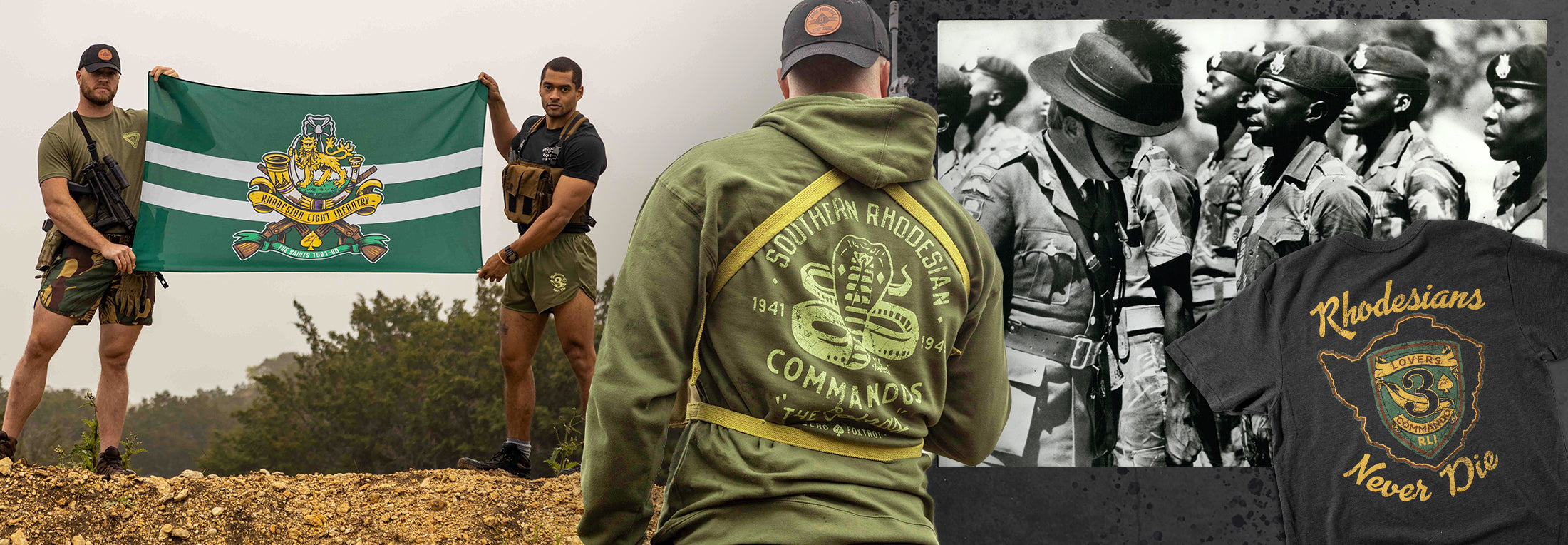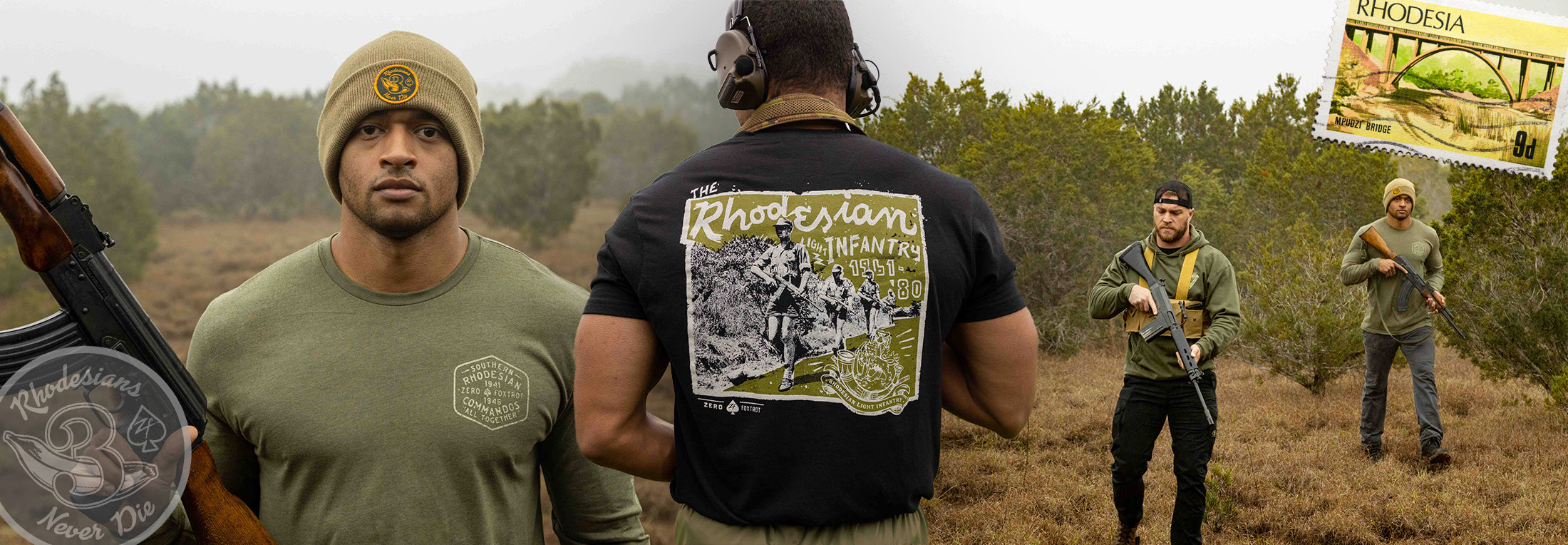
Rhodesian bush war

Rhodesia is a landlocked country in Southern Africa that was founded in 1895 as a British
colony.
During World War II, Rhodesia declared war on Germany on September 3, 1939, the same day
as Britain. The Rhodesian government pledged to contribute troops, aircraft, and other
resources to the Allied war effort.
One of Rhodesia's most significant contributions to the war effort was the establishment of
training camps for British and South African troops. These camps supplied training in bushcraft
and survival skills that were essential for fighting in North Africa. Rhodesian pilots also played a
crucial role in the North African Campaign, providing air support for Allied ground troops.
Rhodesia also played a vital role in supplying strategic minerals like chrome and asbestos to the
Allied war effort. These minerals were essential for producing tanks, aircraft, and other war
materials.
Rhodesia's involvement in World War II was a significant moment in the country's history,
shaping its identity and its relationship with the international community.
The Rhodesian Bush War started in 1964 and lasted until 1979. Rhodesia just set themselves up
as an independent nation from Britain. This was to the dismay of the international community
due to their minority rule proved by the United Kingdom. In 1964, the Zimbabwe African
National Union (ZANU) and the Zimbabwe African People's Union (ZAPU) were formed, and
both organizations began launching attacks against Rhodesia. The ZANU and ZAPU were backed
by both the former Soviet Union and China who wanted influence in the area.
The Rhodesian Light Infantry (RLI) was a light infantry regiment of the Rhodesian Army that
operated during the Rhodesian Bush War from 1965 to 1980. The RLI was known for its
effectiveness in combat, and many considered it one of the most formidable units in southern
Africa.
The RLI was initially created as a commando-style unit in 1961 before being reorganized as a
full-fledged light infantry regiment in 1964. During the Bush War, the RLI was tasked with
conducting offensive operations against guerrilla forces operating in Rhodesia, Zambia, and
Mozambique.
The RLI's tactics were based on mobility and surprise, with small groups of soldiers infiltrating
enemy territory to carry out raids and ambushes. They were also trained in bushcraft and
survival skills, which made them effective in operating in the harsh African bush.
The RLI's soldiers were the best of the best. They were physically fit, mentally tough, and had a
fierce loyalty to each other and to their country. They were also incredibly skilled in the art of
warfare, with many having trained at the prestigious South African Infantry School.
But this effectiveness came at a high cost. The RLI suffered heavy casualties throughout the
Bush War, with many soldiers being killed or wounded in action. Despite this, the regiment
continued to serve until the end of the Bush War, and many of its members went on to serve in
other units in the newly formed Zimbabwean military after the war ended in 1980.
One of the defining characteristics of the RLI was its esprit de corps. The soldiers were a tightly
knit group, with a strong sense of camaraderie and brotherhood forged through the shared
experience of combat.
Former members still hold reunions and events to remember their service and the sacrifices
made by their comrades. The RLI's berets and distinctive insignia have become iconic symbols
of the regiment's legacy, and a reminder of the courage and sacrifice of the soldiers who served
in one of the most feared units in southern Africa.








